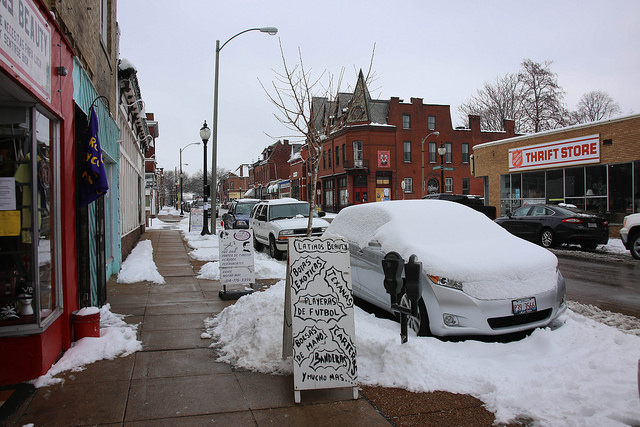Immigration to the US will not be officially discussed at a meeting of North American leaders despite earlier plans, the Washington Times reports.
US President George Bush, Mexican President Vincente Fox and Canadian Prime Minister Paul Martin will meet in Texas today to discuss expanding free trade and improving anti-terrorist security. However, immigration has been dropped from the agenda amidst serious disagreements between the US and Mexico on this issue .





